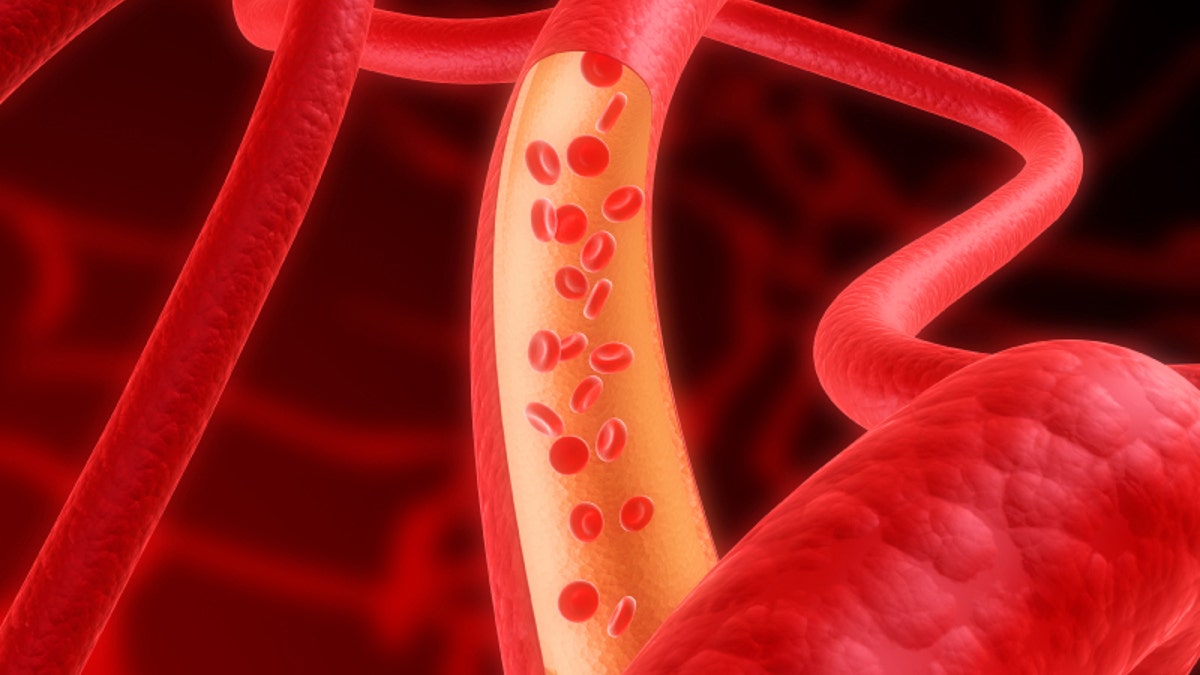
People who have been diagnosed with anemia have a nearly 41 percent higher risk for developing dementia than those who are not anemic, according to a new study published in the journal Neurology.
Anemia is fairly common among older adults, with up to 23 percent of people over the age of 65 developing the condition. Anemia is characterized by low levels of hemoglobin, or red blood cells, and it often causes fatigue, shortness of breath or heart problems.
Due to the prevalence of both anemia and dementia in the elderly population, study author Dr. Kristine Yaffe, of the University of California, San Francisco, was interested in exploring a potential connection between the two conditions.
“We’ve been interested in anemia because there have been links… If the brain doesn’t get enough oxygen, which can happen in anemia, we felt that might be something to look at in terms of risk of dementia,” Yaffe said.
Yaffe and her colleagues recruited 2,552 older adults between the ages of 70 and 79, testing each person for anemia. Within that group, 393 people (15.4 percent) were diagnosed as mildly anemic. Over the next 11 years, each of the study participants underwent a series of periodic memory and learning tests.
Within the group that had been diagnosed with anemia, 23 percent developed dementia, as opposed to 17 percent of those who were not anemic. Overall, people diagnosed with anemia at the beginning of the study demonstrated a nearly 41 percent higher risk of developing dementia than those who were not anemic.
“We took into account a number of other things we thought could explain it; we adjusted for age, education, all kinds of other medical problems,” Yaffe said. “And it still remained very highly associated, which made us think it is the anemia (causing this).”
Though the study did not examine underlying mechanisms, the study authors suspect that people with anemia may be more susceptible to dementia because they are experiencing a diminished supply of oxygen to their brains.
“What anemia means is your hemoglobin is low. Hemoglobin is the main protein in red blood cells, and it’s a protein that binds oxygen. That’s what carries oxygen through the body,” Yaffe said. “We think the main mechanism that may be explaining this connection is…(that) the brain is not getting enough oxygen delivered (to it) because hemoglobin is low.”
When the brain doesn’t receive enough oxygen, damage can be done to the neurons, leading to cognitive problems and other issues, according to Yaffe.
“Or it could be that there are little strokes,” Yaffe said. “When not enough oxygen is flowing to the brain, the brain can get little strokes, and you might not even know it.”
Anemia is caused by a variety of factors including iron deficiency, B vitamin deficiency, certain medications, undiagnosed bleeding caused by factors like polyps in the colon, or other medical conditions like kidney disease. Anemia is diagnosed with a simple blood test and can typically be managed once discovered.
Yaffe advises older people to have their hemoglobin levels checked with a doctor each year and to be aware of the possible connection between brain health and anemia.
“With anemia, we think of heart health, tiredness, shortness of breathe, but we don’t usually connect it to the brain. So expanding the understanding of what anemia could be connected to is important, emphasizing the role of screening and knowing this could be a way of connecting cognitive problems,” Yaffe said.
Next, Yaffe hopes to look into the mechanisms linking anemia and dementia – and whether or not treating anemia can help reduce a person's chances for developing dementia.
“Anemia and dementia are pretty common, so to find a link between two common things is important, because that could affect a lot of people,” Yaffe said.








































